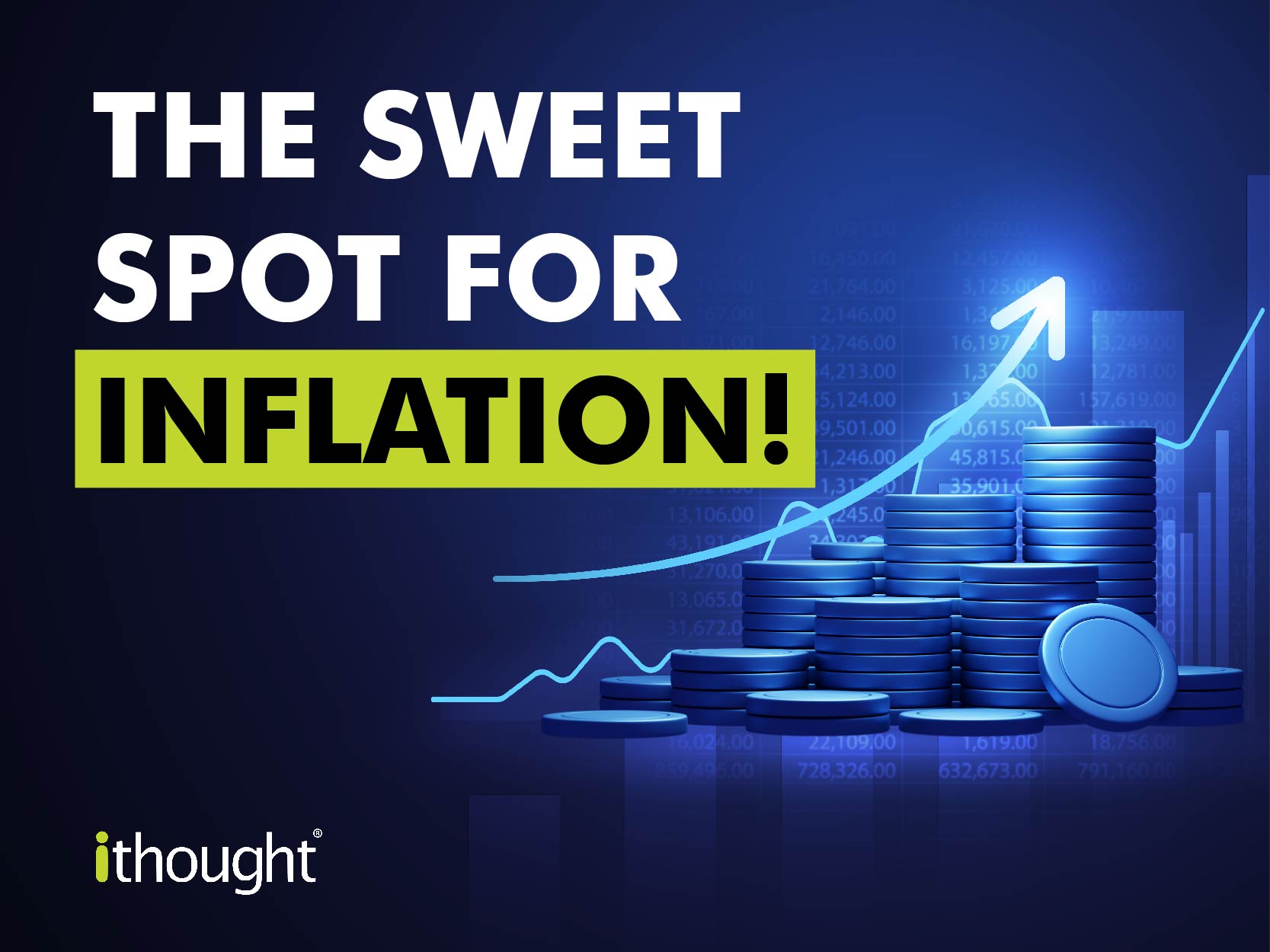
Inflation is often a term that causes anxiety among the general populace and policymakers. However, inflation is not inherently bad. In fact, moderate inflation is often considered beneficial for economic growth, particularly in developing economies like India. The key is to strike the right balance—high enough to spur economic activity but not so high that it erodes purchasing power and destabilizes the economy. This blog explores why a certain level of inflation is crucial for India, and why excessive inflation can be detrimental.
The Role of Inflation in Economic Growth
Encouraging Spending and Investment
Moderate inflation encourages consumers and businesses to spend and invest rather than hoard cash. When prices are expected to rise, people are more likely to make purchases sooner rather than later, thereby driving demand. For businesses, the prospect of rising prices can justify investments in new projects and expansions, as future profits are anticipated to be higher.
Reducing the Real Burden of Debt
Inflation reduces the real value of debt over time. For borrowers, this is beneficial because the money they repay in the future is worth less than the money they borrowed. This can be particularly advantageous in a country like India, where both government and private debt levels are significant. Lower real debt burdens can stimulate more borrowing and spending, further boosting economic growth.
The Dangers of Excessive Inflation
Erosion of Purchasing Power
When inflation is too high, it can significantly erode the purchasing power of consumers. This is particularly concerning in a country like India, where a large portion of the population lives on fixed incomes. Rapidly rising prices can lead to a decrease in the standard of living, as wages often do not keep pace with inflation.
Uncertainty and Reduced Investment
High inflation creates economic uncertainty. Businesses may struggle to set prices, and long-term financial planning becomes difficult. This uncertainty can lead to reduced investment, as businesses may become cautious, fearing that future returns could be compromised by unpredictable inflation rates.
Impact on Savings
High inflation can discourage savings, as the real return on savings diminishes. In a country where personal savings are crucial for financial security, high inflation can lead to a decrease in the overall savings rate. This can have long-term negative effects on capital accumulation and economic stability.
The Sweet Spot: Moderate Inflation
Optimal Range for India
Economists generally agree that a moderate level of inflation, typically between 2% and 6%, is optimal for economic growth. For India, the Reserve Bank of India (RBI) targets an inflation rate of around 4%, with a tolerance band of 2% on either side. This range is considered conducive to economic growth while keeping the adverse effects of inflation in check.
Balancing Act by the RBI
The RBI employs various monetary policy tools to manage inflation. By adjusting interest rates, regulating money supply, and using open market operations, the central bank strives to maintain inflation within the target range. This balancing act is crucial for sustaining economic growth while preventing runaway inflation.
Conclusion
Inflation, when kept within an optimal range, can be a powerful driver of economic growth. For India, maintaining moderate inflation is essential to encourage spending, investment, and debt reduction. However, it is equally important to prevent inflation from rising too high, as it can erode purchasing power, create economic uncertainty, and discourage savings. The key lies in finding the sweet spot that fosters economic development without destabilizing the economy.
As India continues to grow and evolve, striking the right balance in inflation management will remain a critical task for policymakers, ensuring sustainable and inclusive economic progress.